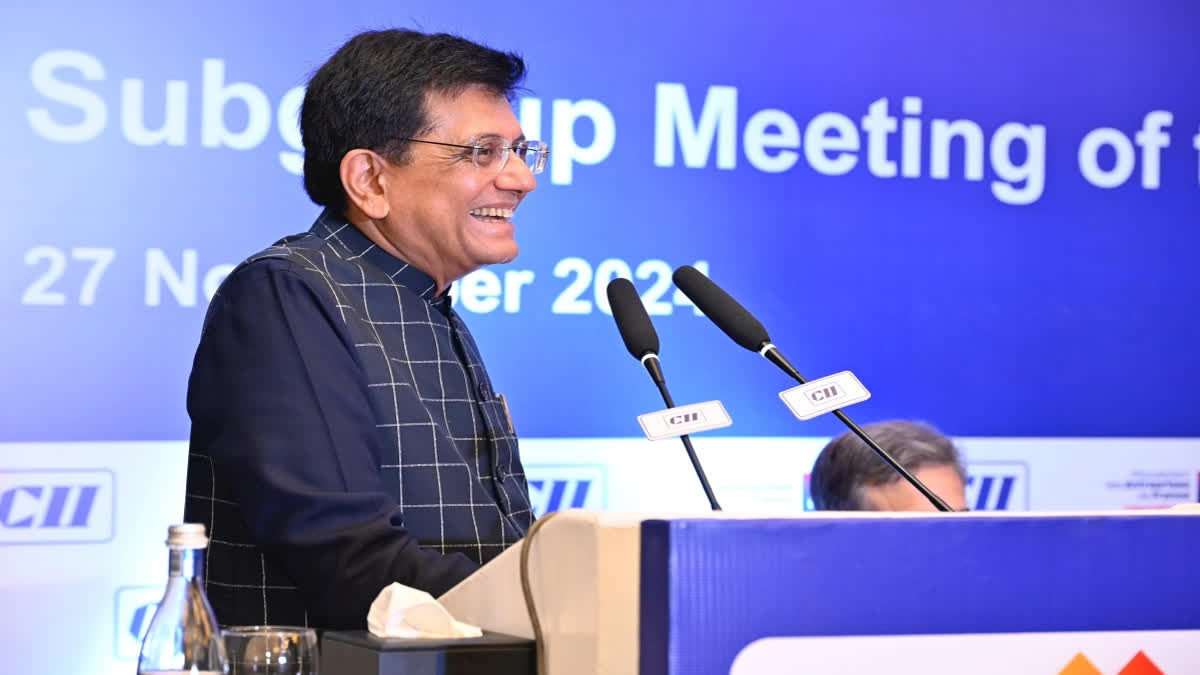New Delhi:Stakeholders from the electric vehicle (EV) sector held deliberations with Commerce and Industry Minister Piyush Goyal here on various issues, including development of battery charging and swapping infrastructure, an official said on Friday. Officials from Department of Heavy Industries, and Department for Promotion of Industry and Internal Trade (DPIIT) also attended the meeting.
Representatives from Tata, TVS and Mercedes-Benz India participated in the deliberations. "The interaction was on development of battery charging and swapping infrastructure," the official said. According to an industry official, certain issues were raised on the location of swapping stations and charging infrastructure, and standards.
In a bid to woo global EV makers into the country, in March last year the government rolled out an electric vehicle policy, under which duty concessions were offered to companies setting up manufacturing units in the country with a minimum investment of USD 500 million.
In April last year, a stakeholder consultation meeting was held, where representatives of all the major manufacturers in India including Maruti Suzuki, Hyundai, Tata, Mahindra, Kia, Skoda Auto Volkswagen India, Renault were present.
Besides, an advisor representing electric car maker Tesla and representatives of luxury car makers Mercedes-Benz, BMW, Audi, had also attended the meet. The fast-growing EV market in India is catching the eyes of global players. India's electric vehicles market is expected to grow to one crore units in annual sales by 2030 and create five crore direct and indirect jobs, according to the Economic Survey 2022-23.
As per industry estimates, the total EV sales in India stood at around 10 lakh units in 2022. In India, Tata Motors is the leading player in passenger electric vehicles. The company's current EV portfolio comprises Nexon EV range, Tiago EV and Tigor EV. The government has plans to install 10,763 public charging stations across the country under the FAME-II scheme.
There is another scheme - PM E-DRIVE - to support electric mobility through support for 14,028 e-buses, 2,05,392 e-3 wheelers (L5), 1,10,596 e-rickshaws and e-carts and 24,79,120 e-2 wheelers. In addition, e-trucks, e-ambulances, EV public charging stations and upgrading of testing agencies are also supported under the scheme.
